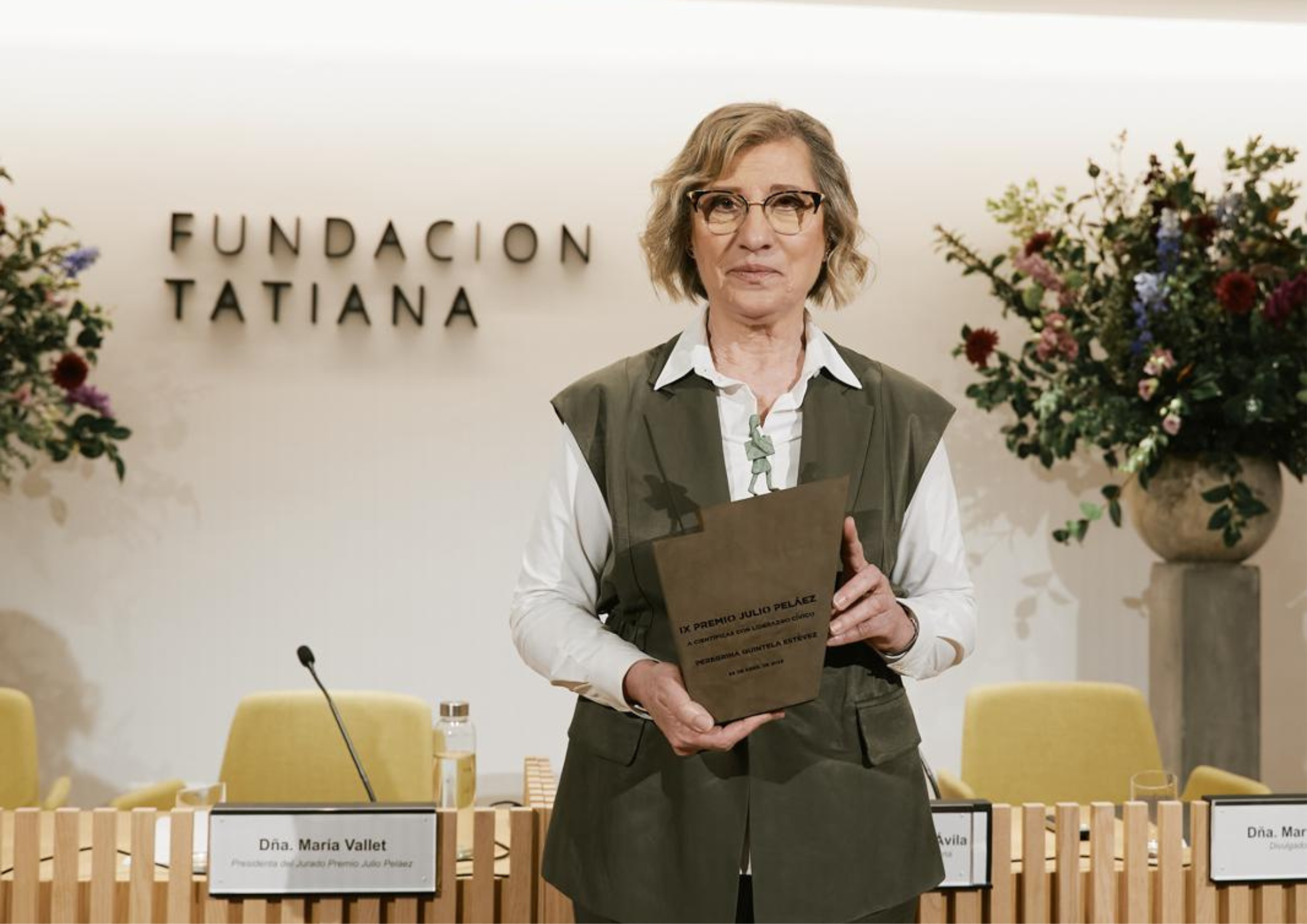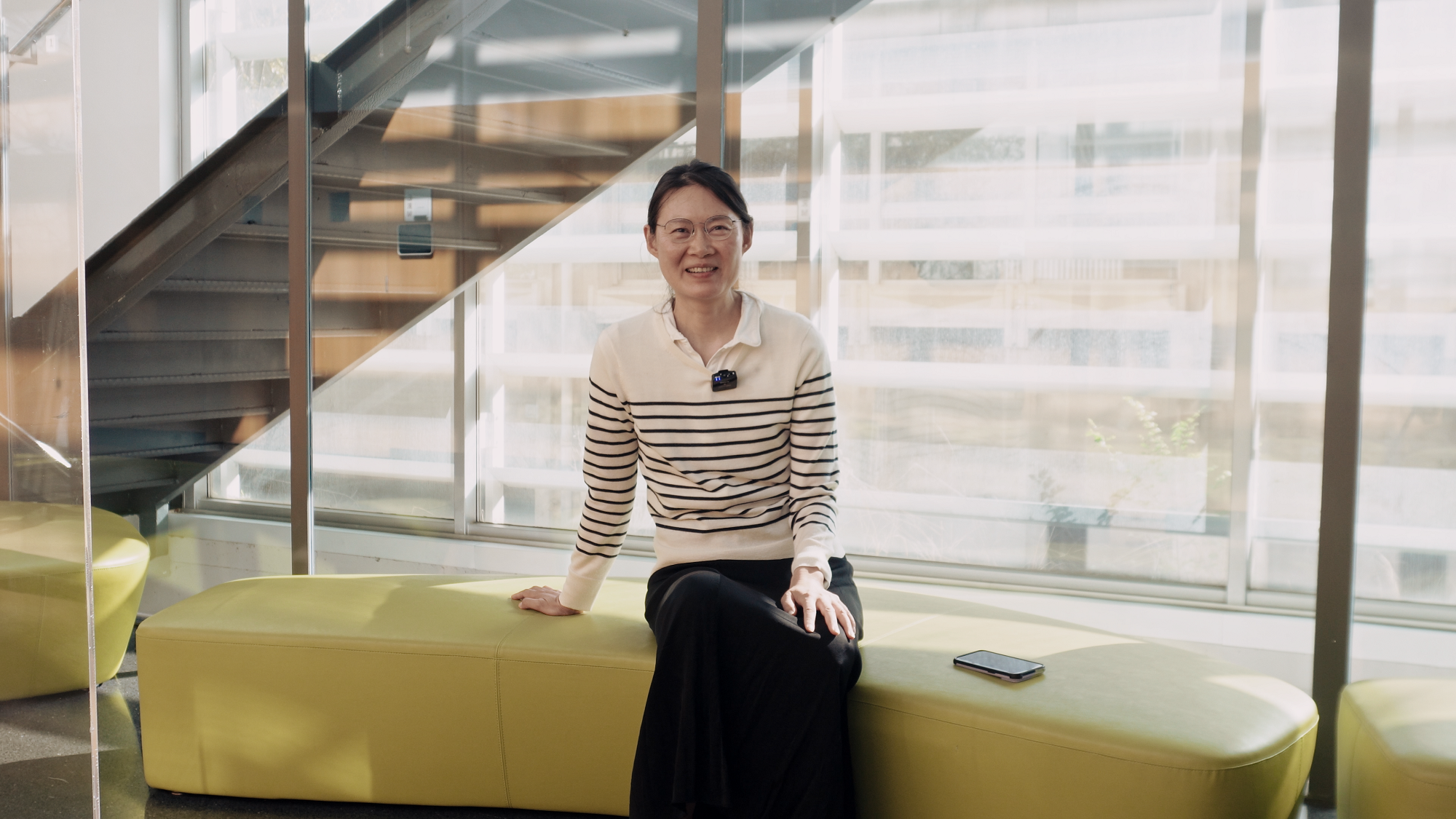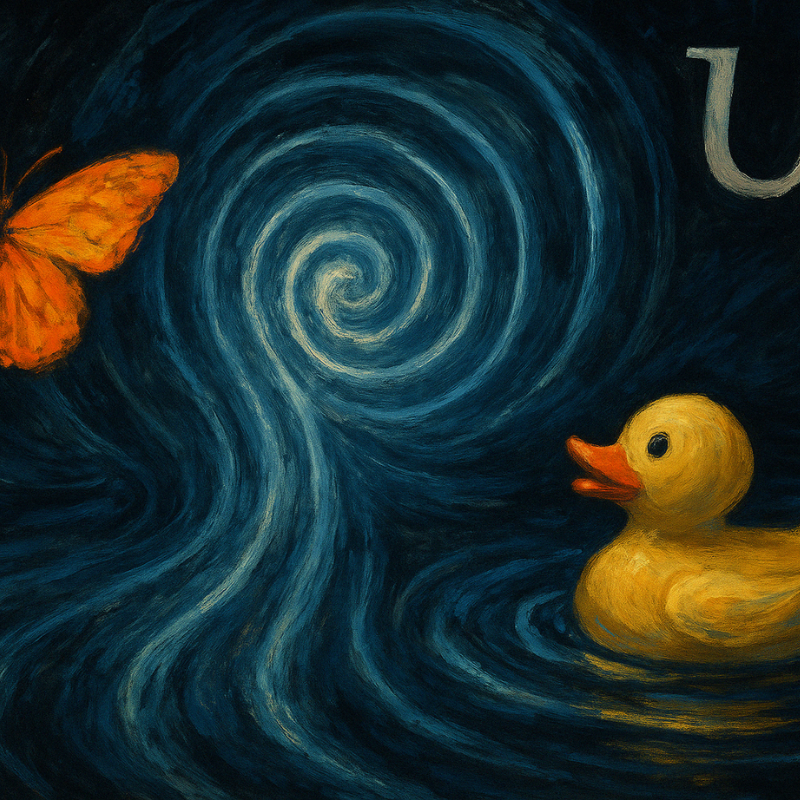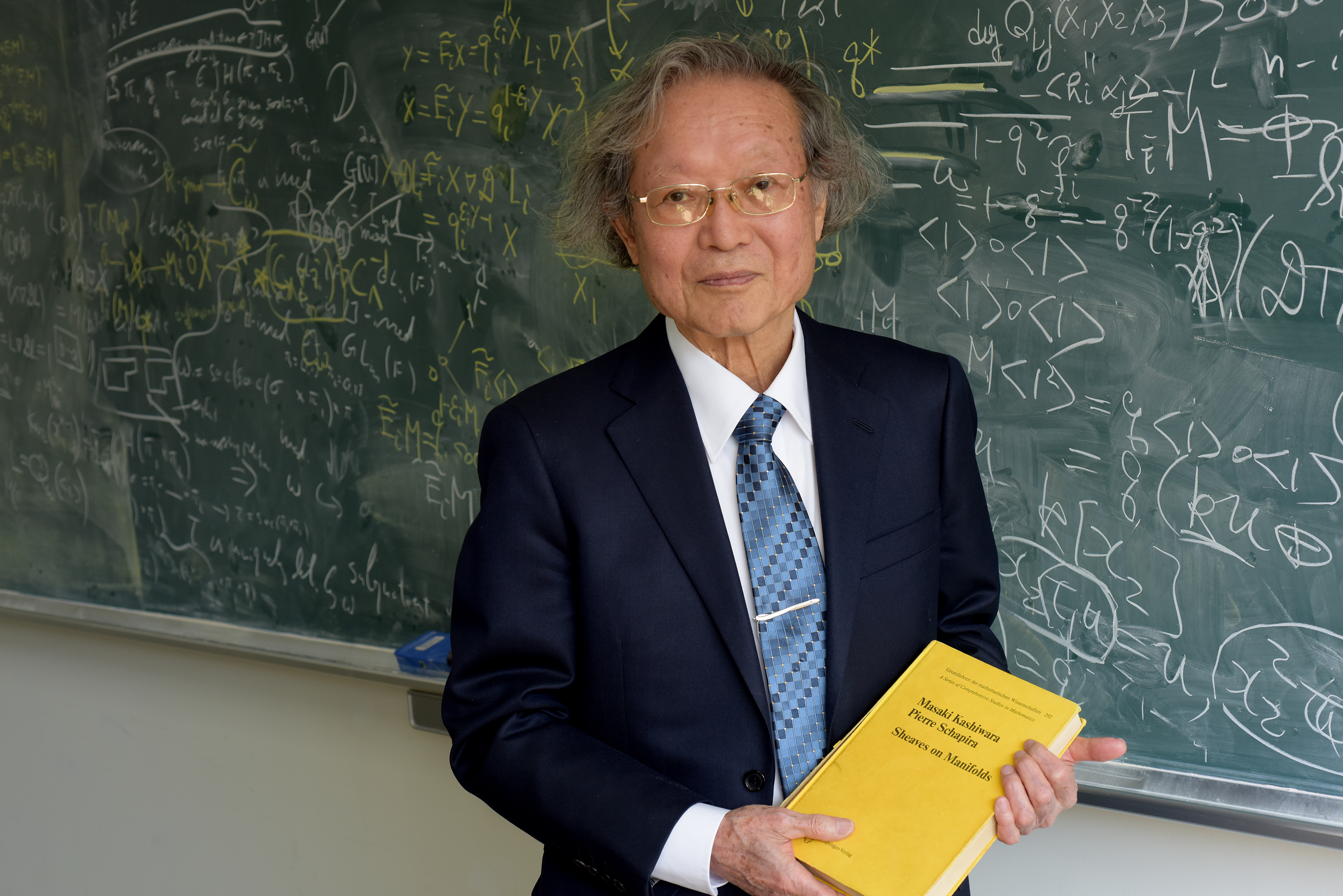During the last Pi Day, the CRM served up a mathematical challenge addressed at students from the UAB Faculty of Science and Biosciences.

Every March 14th (3/14 in the month/day format) mathematicians and math enthusiasts all over the world celebrate Pi Day, named after the constant (known by the Greek letter “π”) that represents the ratio of a circle’s circumference to its diameter and its fascinating history. The date, which also commemorates Albert Einstein’s birth date and was the day Stephan Hawking died, was designated in 2019 by UNESCO as the International Day of Mathematics.
The day was first celebrated in 1988 at San Francisco’s Exploratorium, started by physicist Larry Shaw. Traditions for Pi Day include eating pie (pun very much intended due to the fact that “pi” and “pie” are homophones in English /paɪ/) and reciting from memory the decimals of the number π (if you want a crack at the record, the current Guinness World Record is held by Rajveer Meena of India, who, in 2015, recited 70.000 digits of Pi). This year the CRM joined the celebration with a mathematical challenge aimed at the student community here at the UAB Science and Biosciences Faculty, launched on the same day via the CRM’s social networks, with prizes for the first three people to bring us the correct solutions.
You go on a beach holiday, but you get bored and your mathematician friend helps you with a problem. She/He gives you two empty buckets, one with a capacity of 3/4 L of water and the other with a capacity of π / 4 L of water. He then asks you how you would end up with a bucket containing 1/4 L of water with an error of less than 1%? How many water transfers do you need to get what she/he has asked for?
Three students (two form mathematics and one from biology) got the solution right and claimed their reward.

In praise of Pi
Pi is an irrational number, which means that it cannot be represented as a fraction, and its digits go on forever with no recurring patterns. This means that Pi is infinite, and its exact value can never be calculated (an approximation such as 3.14 or 22/7 is often used for everyday calculations). Currently, about 62.8 million digits of Pi have been discovered, with a group of researchers from the University of Applied Sciences of the Grisons in Switzerland holding the record.
The Pi number has been known for almost 4.000 years, since the times of ancient civilizations such as the Egyptians and Babylonians. The first calculation of π was done by Archimedes of Syracuse (287–212 BC), one of the greatest mathematicians of the ancient world. Over the ensuing centuries, Chinese, Indian, and Arab mathematicians extended the number of decimal places known through tedious calculations, rather than improvements on Archimedes’ method. It was not until 1706, however, that the Greek π letter was used to identify the number, with Philologist William Jones first using the symbol. Later on, it was Leonhard Euler who popularized the use of the symbol among the scientific community in 1737.
Famous mathematicians such as Fibonacci, Newton, Leibniz, and Gauss, have worked on the number, calculating its digits and using it in numerous areas of mathematics.

CRM Comm Team
Anna Drou | Paula Lomascolo | Pau Varela
CRMComm@crm.cat
Peregrina Quintela reconeguda amb el Premi Julio Peláez 2025
La Dra. Peregrina Quintela Estévez, membre del Comitè Científic Assessor del Centre de Recerca Matemàtica (CRM) des del 2017, ha estat distingida amb el Premi Julio Peláez 2025 a Científiques amb Lideratge Cívic. El guardó reconeix la seva trajectòria en matemàtiques...
Chenchang Zhu, Inaugural CRM–María de Maeztu Chair of Excellence
The Centre de Recerca Matemàtica (CRM) has named Professor Chenchang Zhu (University of Göttingen) as the first María de Maeztu Chair of Excellence, a position that recognises leading women mathematicians. Her appointment began on April 9, 2025, with a lecture on...
Eva Miranda Featured in Quanta Magazine
Eva Miranda, professor at the UPC and researcher at the CRM, is featured in Quanta Magazine. The article highlights how certain physical systems, such as fluid flows, can simulate computations so complex that predicting their behaviour becomes mathematically...
Exploring New Frontiers: Chronicle of the School on Homogenization and Fractional Calculus
On 24-25 March 2025, the Centre de Recerca Matemàtica (CRM) hosted the ‘School on New Frontiers in Homogenization and Fractional Calculus’ to celebrate the 50th anniversary of Γ-convergence. This mathematical technique was introduced by Ennio De Giorgi and Tullio...
Quillen i la Quimera de l’Homotopia Equivariant: Estratificant l’Inimaginable!
L'equip de l'estudi ha ampliat el teorema de Quillen per treballar amb espectres anellats equivariantment com a coeficients. També ha formulat una estratificació geomètrica en el llenguatge de la geometria tensorial-triangular equivariant. Els investigadors es van...
Masaki Kashiwara rep el Premi Abel 2025 per les seves aportacions a l’anàlisi algebraica
El matemàtic japonès Masaki Kashiwara ha estat guardonat amb el Premi Abel 2025. Entre les seves fites destaca el desenvolupament pioner de la teoria dels D-mòduls, que ha tingut una influència profunda en les matemàtiques modernes i en camps com la física teòrica....






